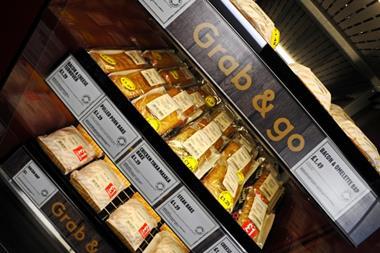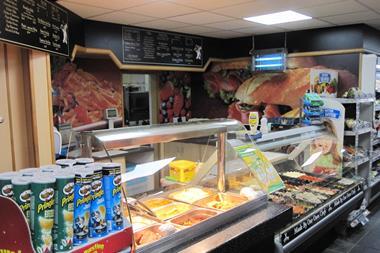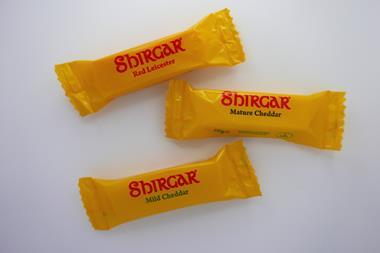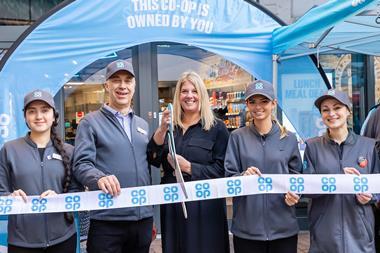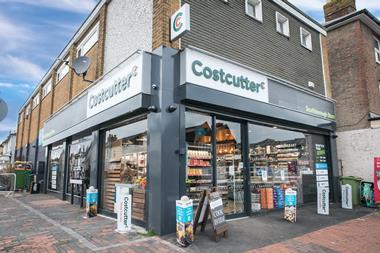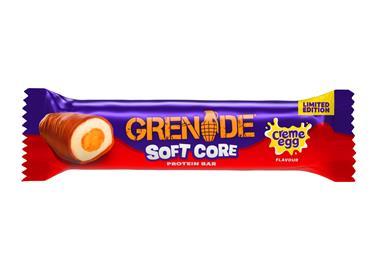Independent c-stores missing out on food to go growth

Independent convenience retailers should be focusing on a broader range of food-to-go options if they are to catch up with their multiple rivals, says IRI
ALREADY HAVE A REGISTERED USER ACCOUNT? PLEASE LOG IN HERE
To read the full story join the ConvenienceStore.co.uk community today!
Registration is quick and easy and provides access to:
- Unlimited ConvenienceStore.co.uk articles
- Our great range of newsletters
- Content you’ve saved for later via the ‘my library’ feature
And much more…




















